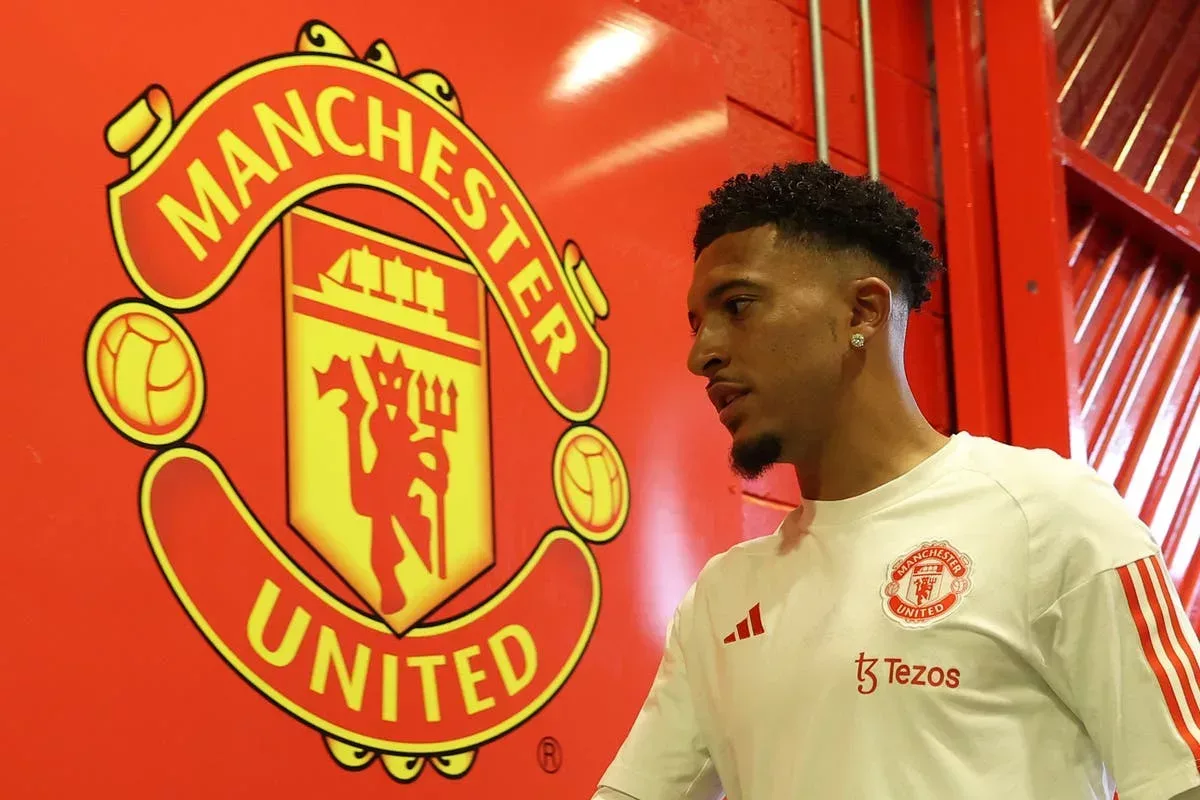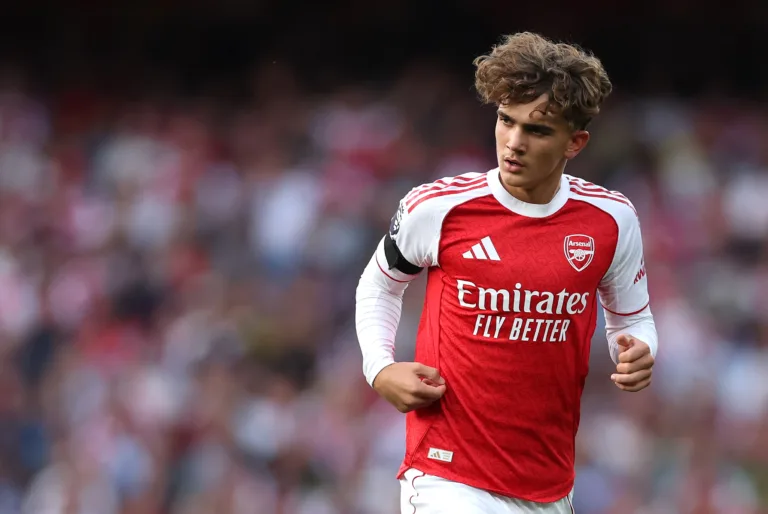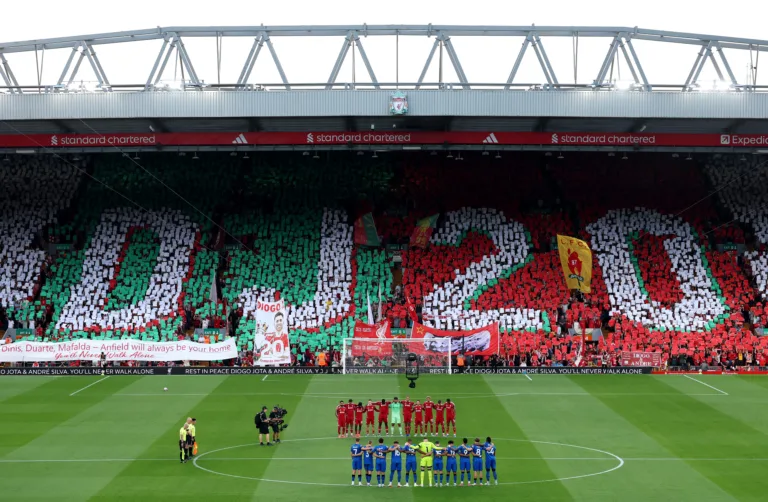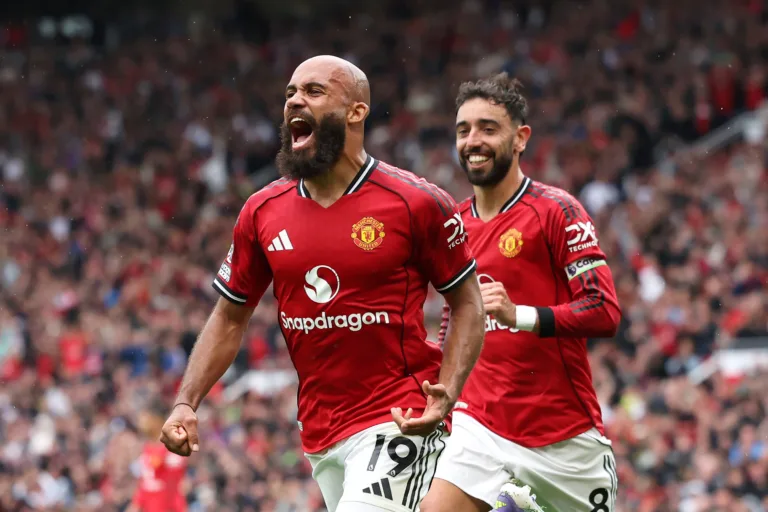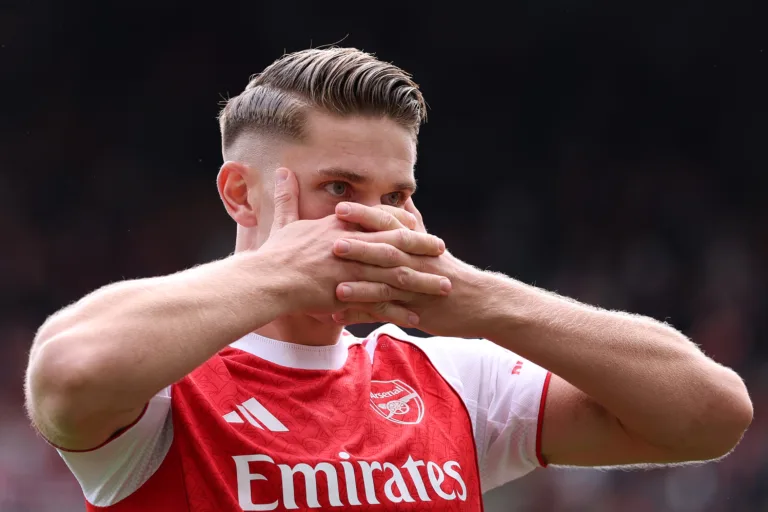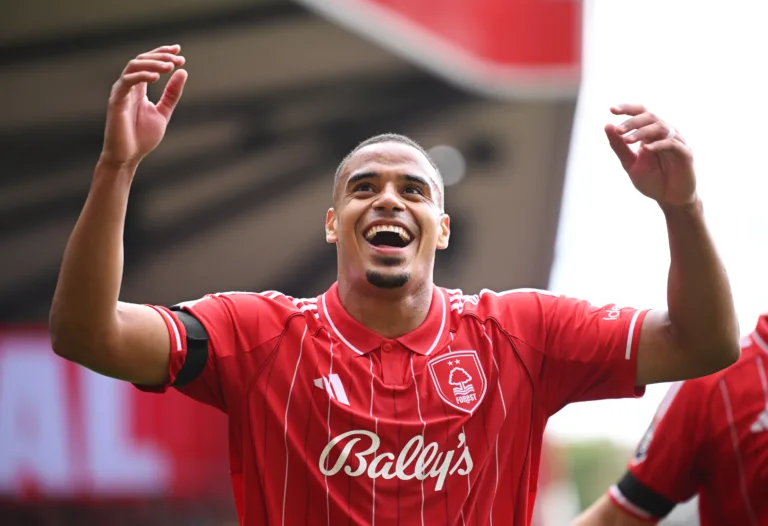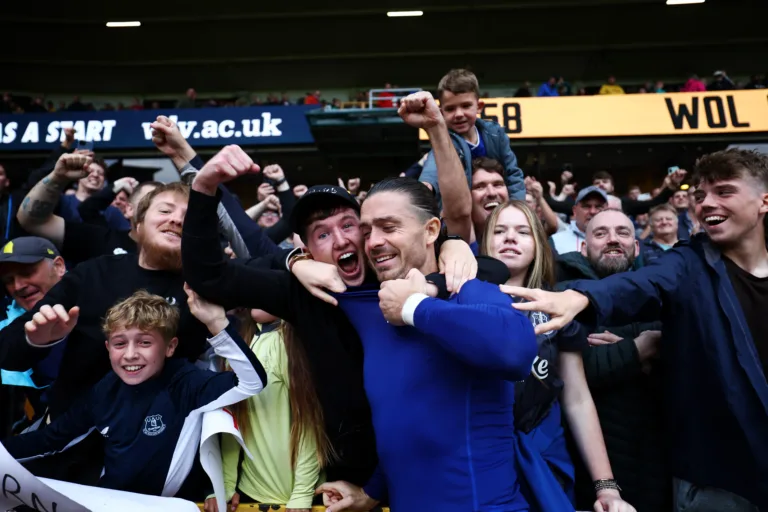Going Full Circle: The Lessons Sancho can Learn from Shevchenko, Lukaku and Timo Werner
After two years at Manchester United, Jadon Sancho has returned to his former club, Borussia Dortmund, on loan. In football, it isn’t uncommon for players to eventually return to a club they have played at previously, especially towards the latter stages of their careers; however, the occurrence of a player returning to an old club on loan or while they are still in their peak years is far rarer.
In most cases, these moves tend to materialise when a player can’t recreate the same form as they had shown at their previous club. The days of players having time to adjust to a new league or country seem to be dwindling as a result of the intense pressure to perform well right away, especially when there is a hefty price tag involved.
Coming back to Sancho. The 23-year-old will be hoping to recapture his form from his first spell at Dortmund, where he was regarded as one of the best young talents in world football. Sancho endured a torrid spell in Manchester full of disciplinary problems, mental health issues, and inconsistent form, only managing nine goals and six assists in 58 appearances in the Premier League. A falling out with United manager Erik Ten Hag in September meant that Sancho was isolated from the squad this season.
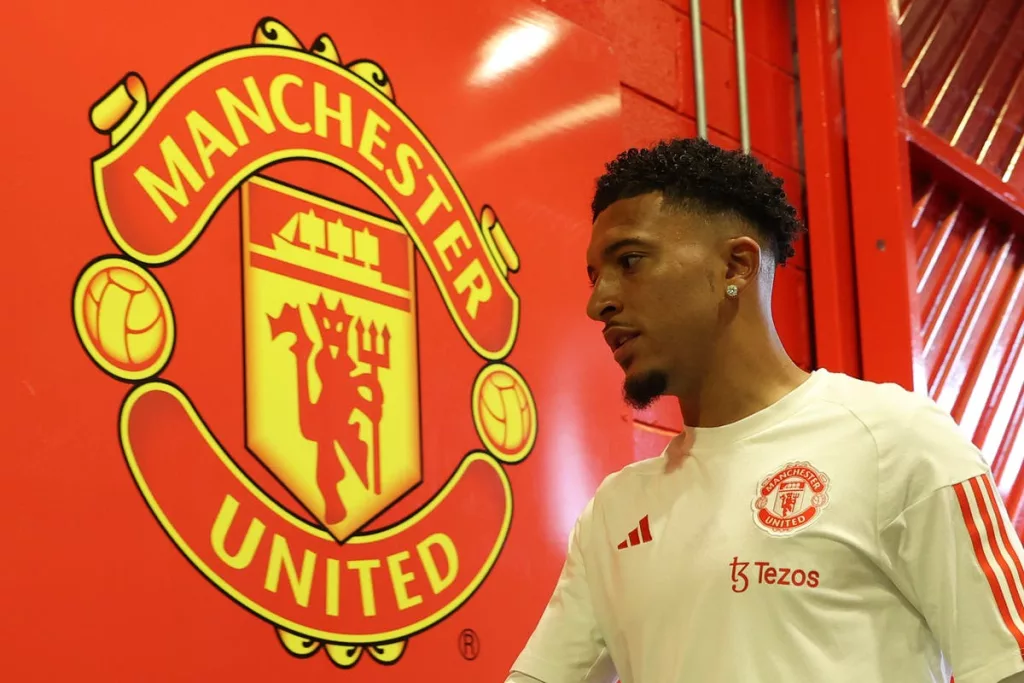
It remains to be seen if this loan will be a success in getting Sancho’s career back on track, but it certainly offers him the chance to do so in familiar surroundings with players and coaches who have huge belief in his ability. History has shown that players returning to former clubs to rebuild their careers don’t always go as planned for a multitude of reasons. It is worth examining these cases in order to get a better understanding of whether it’s the right move for a player and what Sancho can do to avoid making the same mistakes.
Andriy Shevchenko
Shevchenko was widely regarded as one of the best strikers in world football during his time at AC Milan from 1999 to 2006. He won the Ballon d’Or in 2004 after a prolific season, scoring 24 goals in Serie A that season to win the golden boot, as he played a huge role in AC Milan winning the Scudetto. The Ukrainian striker finished with 173 goals in 296 appearances for Milan, where he also won the Champions League in 2003.
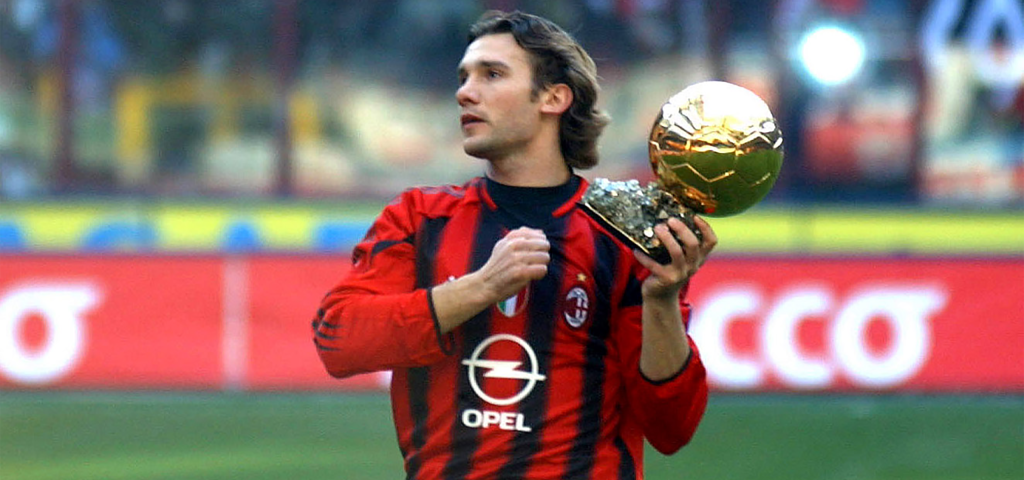
Shevchenko’s ruthlessness in front of goal throughout his stay in Milan led to Chelsea paying £30.8 million in 2006 to secure the striker’s services. Chelsea was a huge force in English football under Jose Mourinho during this period, and the arrival of Shevchenko had all the signs of prolonging this success.
Shevchenko struggled to find his goalscoring efficiency in England, as he scored 14 goals in 51 appearances during his first season. There was hope that he could push on in terms of goals in his second season, but injuries and inconsistent form prevented him from getting any kind of rhythm in a Chelsea shirt in front of goal. Shevchenko quickly began to fall out of favour and was deemed surplus to requirements under new incoming manager Luiz Felipe Scolari.
Shevchenko was then loaned back to his former club, AC Milan. There was hope that he could reignite his career back at San Siro, where he became one of the world’s deadliest finishers. The move ended up being a complete contrast in fortunes from his first spell in Italy, as he failed to score a single goal in 18 appearances in the league for the Rossoneri.
The move didn’t give Chelsea any indication that he could become the player he once was. It was made clear that he wasn’t in new manager Carlo Ancelotti’s plans for the following season. His loan spell in Milan proved to be his last in the top leagues of club football. He returned to a former club once again, Dynamo Kyiv. Shevchenko came through the youth ranks there before establishing himself in the first team and earning his move to AC Milan.
Although he was mostly used as a winger or midfielder, the veteran rediscovered his goal-scoring touch. Shevchenko scored 23 goals in 55 appearances in the league in his native Ukraine. He spent three seasons back at his boyhood club before retiring in 2012.
Romelu Lukaku
Following his departure from Manchester United, Lukaku signed for Inter Milan in the summer of 2019. The Belgian was instrumental in the team’s good start, as he scored nine goals in his first 11 starts for the club in the league as he formed a formidable and striking partnership with Argentinian Lautaro Martinez. The striker would eventually go on to score 23 league goals as Inter finished runners-up to Juventus. Inter also finished second in the Europa League, losing out to Sevilla in the final, with Lukaku playing a major part in their deep run in the competition.
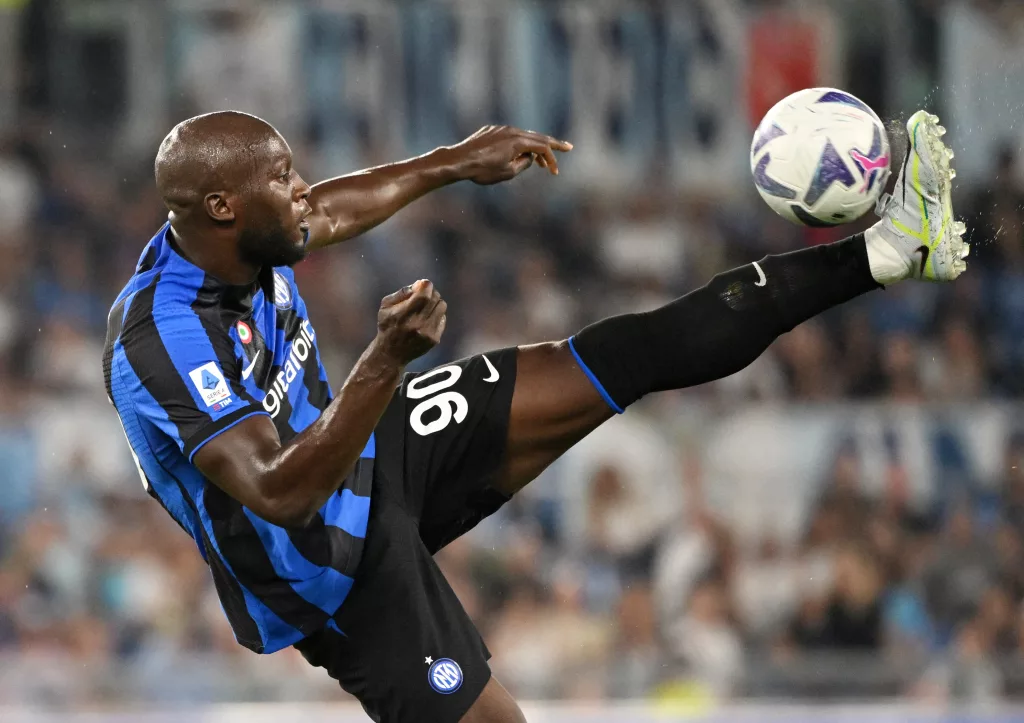
The following season, Inter Milan won their first Scudetto in over a decade, with Lukaku once again being the talisman. He scored 24 goals and registered 10 assists in an outstanding league campaign for the Belgian. Following a difficult end to his spell at Manchester United, Lukaku’s stint at Inter solidified himself as one of Europe’s top strikers.
Chelsea signed Lukaku the following summer for £97.5 million. The move was destined for success due to Lukaku’s experience playing in the Premier League and coming off the back of arguably the best season of his career. All of these factors should have combined for the Belgian to bring his Serie A form into the Premier League and help Chelsea compete with Manchester City and Liverpool for the title.
Lukaku had a strong start in his second spell at Chelsea, scoring on his debut, where he looked impressive in an away win against Arsenal. His second spell at Chelsea turned sour in December, though, as he did an interview with Sky Italia in which he claimed that manager Thomas Tuchel wasn’t playing to his strengths and that he wished to return to Inter. Lukaku was ultimately fined for his comments and left out of the squad for a game before returning to first-team action, but he failed to find any form in the second half of the season. The Belgian finished the season with a disappointing return of eight goals in 26 games in the league.
The relationship continued to be fractious between Lukaku and the club as well as the fans. His wish was granted, as he was loaned back to Inter for the following season. Lukaku even took a wage cut in order to make the move happen. Lukaku struggled in the first few months of the season through injuries before he began to appear more consistently in the second half of the season.
He scored 14 goals in 37 games in all competitions during the season, as he failed to rediscover his scintillating goalscoring form from his first spell. His loan also ended in a difficult manner, as he missed vital chances for Inter Milan in the Champion’s League final against Manchester City, which they lost 1-0. Many fans blamed Lukaku for the defeat. But the relationship was completely soured as he chose to negotiate with rivals AC Milan and Juventus rather than returning to Inter. He would eventually join Roma, where he is now plying his trade on loan from Chelsea.
Timo Werner
Timo Werner was one of the most prolific strikers in European football during his time at Leipzig, scoring 78 goals in 124 Bundesliga appearances across four seasons. Werner’s final season for the German outfit was outstanding, as he scored 28 goals in 34 appearances in the Bundesliga. This electric form brought the attention of many of Europe’s top clubs, but it was Chelsea who secured his signature on June 18, 2020, after activating his £47.5 million release clause.
There were high expectations for Werner in London to replicate his goalscoring exploits from Leipzig and elevate Chelsea’s attack. After an inconsistent start to his Chelsea career, there was hope that he would begin to kick on, as he scored twice and provided an assist in a 3-3 draw against Southampton in October.
This game proved to be an anomaly, as Werner didn’t score again until February, in a 2-0 win against Newcastle. This ended his 14-game goal drought in the league after missing many gilt-edged chances throughout that period. There was quite a drop-off for Werner in terms of goals in his first season outside of Germany, as he finished the season with just six goals in 35 appearances in the league.
There was a silver lining during his underwhelming individual first season in England, though, as he helped Chelsea lift the Champion’s League trophy in Porto, beating Manchester City 1-0 in the final. Despite his poor domestic form, the German proved himself to be an important part of the team during the successful run in Europe, scoring four goals and providing two assists during the campaign, including a vital goal against Real Madrid in the second leg of the semi-final.
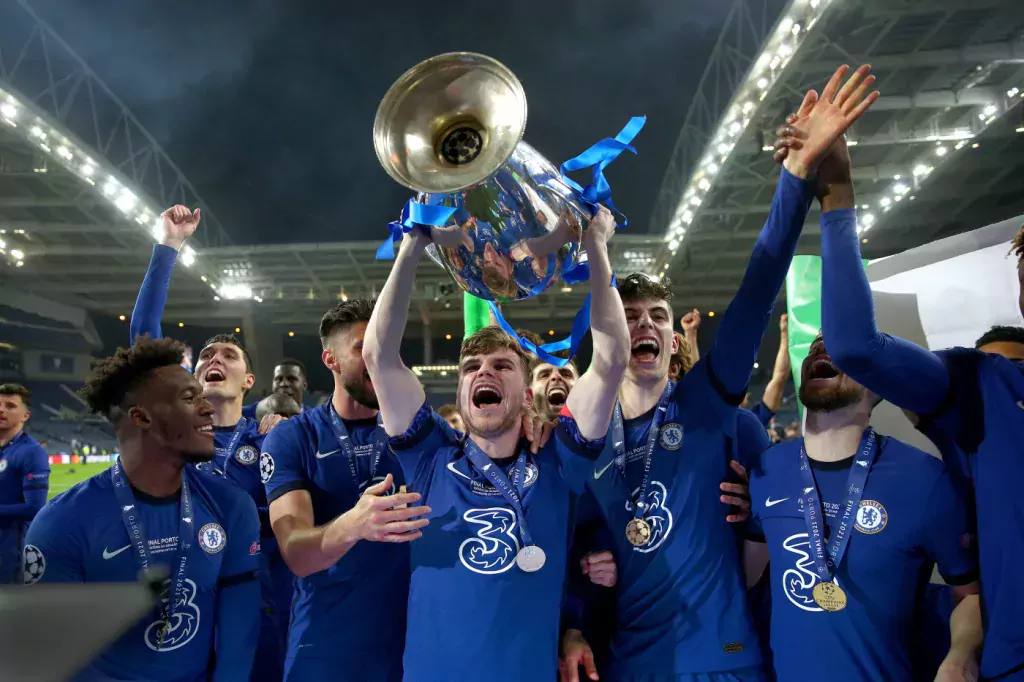
The departures of Tammy Abraham and Olivier Giroud seemed to pave the way for Werner to play a major part for Chelsea the following season, but the arrival of Romelu Lukaku and continued poor form diminished his role as he finished the season with just 4 goals in 21 appearances in the league. His disappointing spell at Chelsea, where he only managed 10 goals in the league in 56 appearances over two seasons, came to an end that summer as he returned to Leipzig in August 2022 in a £25.3 million deal.
His return to Leipzig proved to be much more difficult than his first spell, as he was no longer one of the first names on the team sheet. His struggle with form and injuries stopped him from becoming a regular starter, where he could get back to his old self. Werner scored nine goals in 27 appearances in his first season back in the Bundesliga as Leipzig finished third but showed no signs of regaining the same efficiency in front of goal that crowned him as Leipzig’s all-time top goal scorer.
The German fell out of favour even further this season, only making eight appearances in the league and scoring two goals, with Yussuf Poulsen, Benjamin Sesko, Lois Openda, and Xavi Simons all preferred in attack throughout the season. With Euro 2024 taking place on home soil next June, Werner will be desperate to be part of Germany’s plans and has moved to Spurs on loan with an option to buy in order to boost his chances of being selected as well as get his club career back on track.
What Lessons can be Learned?
What can Jadon Sancho learn from those players who found themselves in very similar situations?
Shevchenko’s loan back to Milan in hindsight was a perfect indication to see whether he was still able to cut it at football’s highest level. Sancho will experience a similar assessment in Dortmund during the second half of the season, as many will question if he can still produce the performances that gained him so much praise in Germany.
Much like Milan, who placed their trust in the Ukrainian. Dortmund will be hoping that their faith in Sancho will be repaid, as they took on a portion of his huge wages and backed his footballing ability for a player who hasn’t played a minute for United over the last few months. Sancho must take advantage of every opportunity to shine in his return to Dortmund in order to strive where Shevchenko faltered and establish himself once again as a world-class talent.
The biggest correlation that can be made between Lukaku’s move and Sancho’s is the attitude and conduct of the player. Much like Lukaku before he left for Inter Milan on loan, Sancho has also struggled to keep a strong relationship with the club, the manager, and the fans. Lukaku’s failings at Chelsea seemed to be the fault of Thomas Tuchel, but Sancho has also indicated that Erik Ten Hag played a major part in his struggles at United.
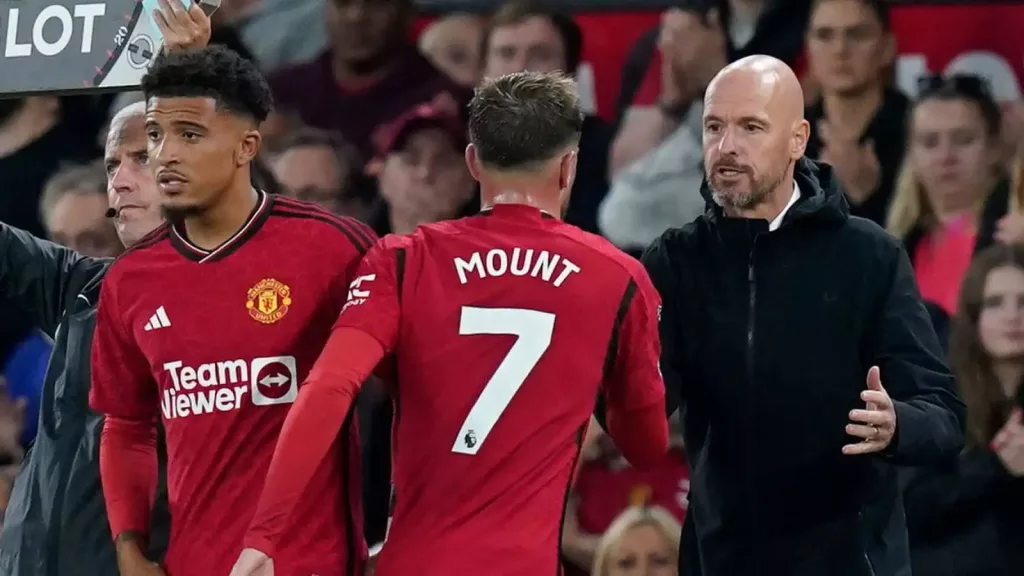
Lukaku strained his relationship with the Chelsea fans following his infamous interview with Sky Italia, where he longed to go back to Inter. Sancho is no different, as he was isolated from the squad after falling out with the manager. It was a matter that could have been quickly resolved, but he refused to apologise and fight for his place on the United team. After signing with Dortmund, there have been several images and videos of the Englishman stating that he is glad to be home and kissing the badge, which will be sure to infuriate United fans who supported him through troubled times during his United career. Sancho must learn from Lukaku’s mistakes and not burn any bridges with Dortmund going forward like the Belgian did with Inter after his loan spell.
If he is going to get his career back on track, then he must eradicate any attitude, conduct, and timekeeping issues. It’s vital he keeps the Dortmund staff and fans onside before he isolates himself once again, putting his career in further jeopardy. Dortmund knows they can create an environment for Sancho to excel on the field. It is paramount that he bring complete professionalism to his side in order to make the move work for all parties.
The biggest lesson that Sancho can take from Werner’s move is to take nothing for granted when returning to Germany. The Bundesliga may not be as strong as the Premier League, but that offers no guarantees that a player’s previous form in this league can be easily replicated. Just like Leipzig was after Werner’s time away, Dortmund is now a club with different personnel than the one he left for Manchester.
What Next for Sancho?
Sancho must show fight, determination, hunger, and skill to earn his place, just like he did as a teenager. This level of commitment can reinsert him into being an integral part of Dortmund’s team once again. He mustn’t believe that he has any divine right to play because of his history with the club, or he will be bound to fail. The former Manchester City academy product should take note of what happened with Werner during his return to Leipzig. Sancho must show that he can once again be one of the standout players in the Bundesliga.
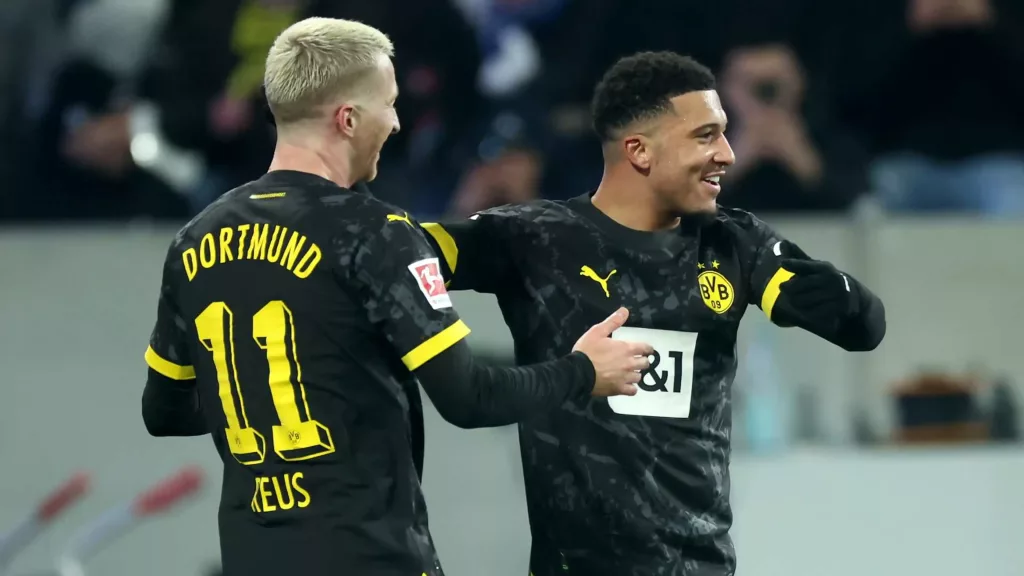
Ultimately, none of the three players return to their previous clubs as well as they would have liked, which shows how difficult it is to recreate the past as things in football change so quickly. Sancho must be the outlier in this respect and show that his career doesn’t have to begin a downward trajectory just because his big move to the Premier League didn’t work out. He must correct so many of his own mistakes that set him up for failure in Manchester; he can’t just place the blame at the hands of others when things aren’t working. Sancho must succeed where the other three players couldn’t in replicating the joy they delivered to their clubs in their first spells.
It’s unknown what the structure of Manchester United will be in the summer and if Erik Ten Hag will still be in charge or if INEOS will move in a different direction. This could potentially offer Sancho a second chance in Manchester. Following his actions over the last few months, it may be too late for redemption at Old Trafford. The most important thing for Sancho now is that he proves his worth and quality both on and off the pitch in his loan spell at Dortmund to give his career the best chance of a resurgence, whether that will be at United, Dortmund, or elsewhere.


